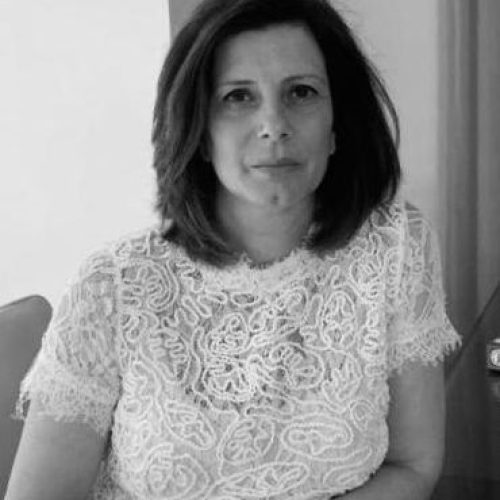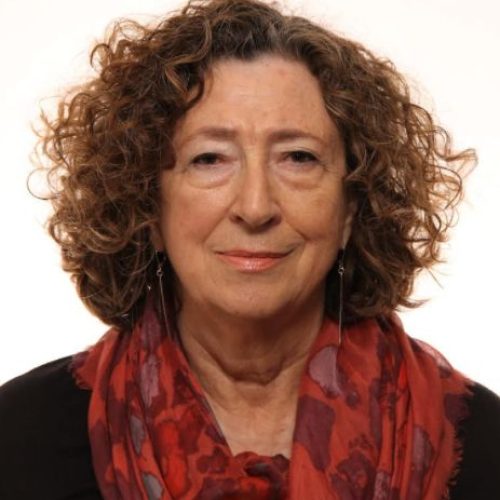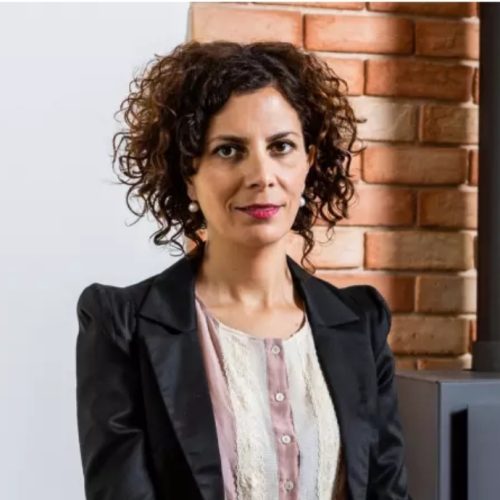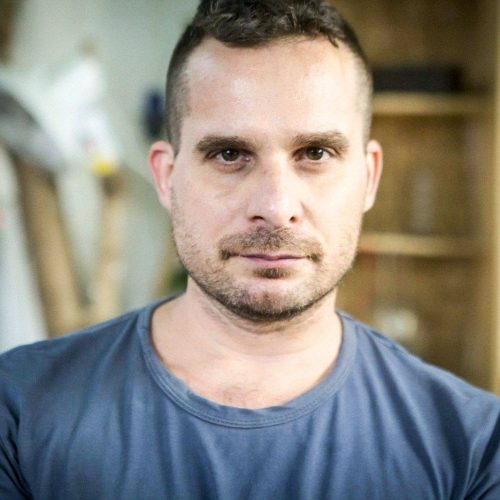>> Read the full Position Paper
This position paper is presented to the Knesset’s National Security Committee ahead of a discussion on violent arrests of demonstrators against the regime revolution.
The use of force against demonstrators, including false arrests, unlawful restrictions, and violence against non-violent protestors, violates a series of binding rulings issued by the Supreme Court regarding freedom of protest against the government. In light of the fact that the demonstrators are protesting the government’s intention to expand its own powers and weaken the judicial system, the breach of law provisions and existing rulings pertaining to this issue inevitably gives rise to fear of politicization of the Israel Police and casts a heavy shadow on their ability to fulfill their role as the institution in charge of preserving the right of protest of Israel’s citizens.
In view of the extraordinary legislative amendments enacted on the basis of the coalition agreements, which give the National Security Minister the authority to intervene in Israel Police’s professional procedures, as well as his statements that he expects the police to use violence against non-violent protesters who object to his appointment on political grounds, a serious crisis of confidence has erupted between hundreds of thousands of citizens and the Israel Police, whose image as an independent body has suffered extensive damage.





